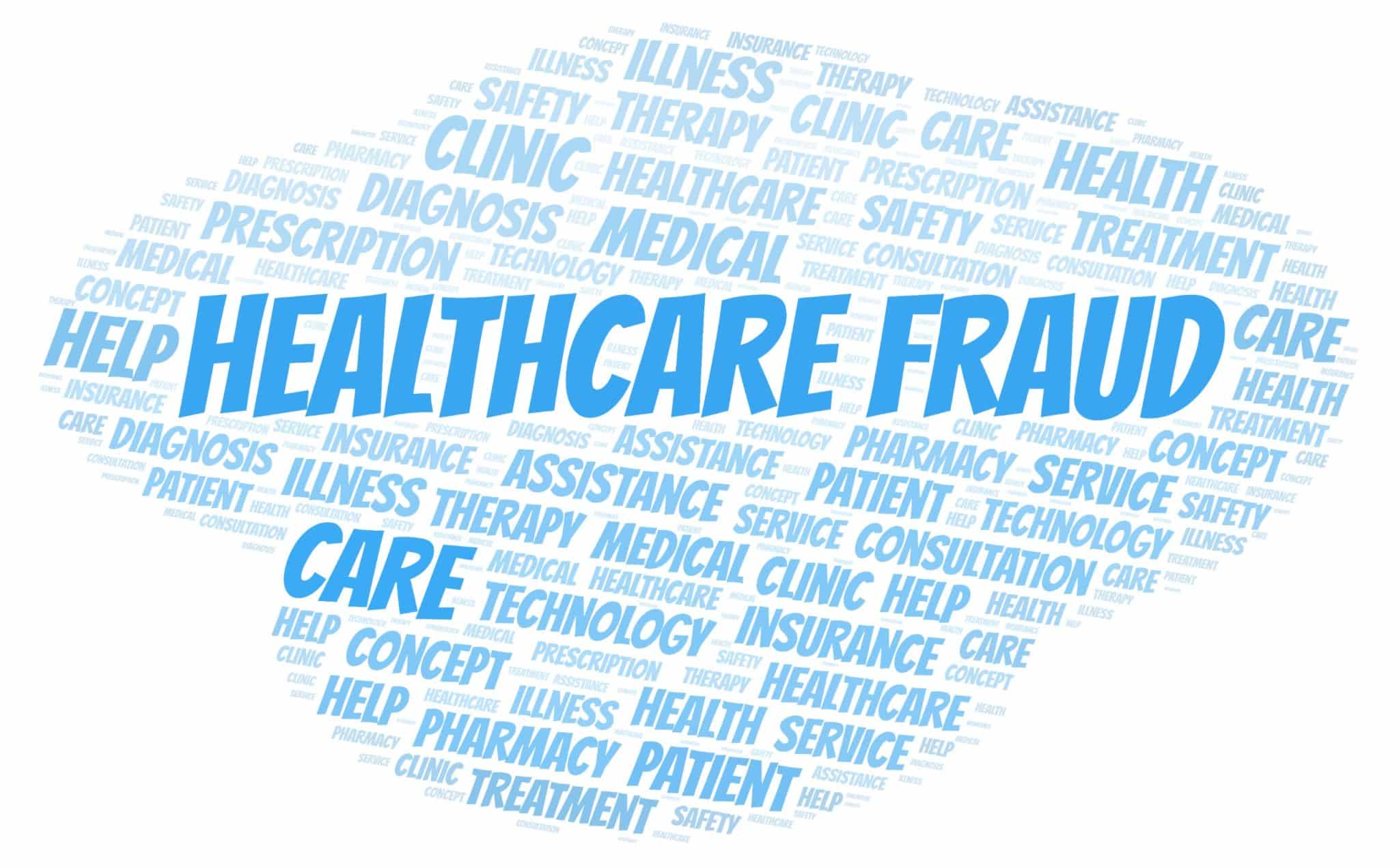 It seems as if the federal government is always increasing regulations, expanding enforcement of them, and intensifying the scrutiny under which the health care industry in the United States operates. That’s why there are so many newsstories popping up in media outlets about healthcare fraud being perpetrated in massive numbers.
It seems as if the federal government is always increasing regulations, expanding enforcement of them, and intensifying the scrutiny under which the health care industry in the United States operates. That’s why there are so many newsstories popping up in media outlets about healthcare fraud being perpetrated in massive numbers.
A recent case from Texas exemplifies what the federal government is looking for in these cases.Thirty-three doctors, including 15 in Texas, agreed to pay the government over $2 million in order to resolve allegations against them for illegal kickbacks and crimes under the False Claims Act.
The government is hoping this settlement will show others that getting caught perpetrating healthcare fraud is something that shouldn’t be taken lightly.
Here is what you need to know about healthcare fraud, including how it is perpetrated and what types of consequences are awaiting those who are convicted of it.
Healthcare Fraud in the United States
Healthcare fraud doesn’t occur in just one fashion in the United States. Instead, there are several ways that someone can violate federal law and commit healthcare fraud. In the case mentioned above, the defendants were accused of violating the Anti-Kickback Statute as well as the False Claims Act.
The Anti-Kickback Statute
The federal government’s Anti-Kickback Statute prohibits entities or individuals from willfully or knowingly receiving, paying, offering, or receiving remuneration for referrals for services or goods payable to government healthcare programs – such as Tricare in the armed forces, Medicaid, or Medicare.
This statute’s aim is to prevent abuse and fraud. It includes any type of finder’s fees, referral fees, travel, entertainment, bonuses, research grants, or discounted leases in exchange for services or goods.
If a person files claims for payment from government healthcare programs, and that includes services or goods that were the result of a violation of the Anti-Kickback Statute, then that’s a violation under the False Claims Act – even if there was no intent to commit the violation. So, it’s not a good defense to claim that you didn’t know what you were doing was illegal under the Anti-Kickback Statute.
What Is the False Claims Act?
Under federal law, the False Claims Act makes it illegal for an organization or a person to make a false record or to file a false claim knowingly under any federal healthcare program. If an organization or person is found guilty of violating the False Claims Act, then they may be subject to significant penalties: Fines for three times the amount of the false claim and additional penalties for each fraudulent claim.
Other Ways to Commit Healthcare Fraud
Getting kickbacks or filing false claims isn’t the only way to have a healthcare fraud levied against you. There are a variety of ways you can break the law and commit this type of fraud.
Some of the most common methods besides those previously mentioned include:
- Up-coding services
- Ghost patients
- Services not rendered
- Inflating cost reports
- Improper financial interest
- Lack of medical necessity
- False certification
- Bundling and unbundling
Being accused of healthcare fraud is a serious accusation, no matter if you’re an individual or an organization. That’s why it’s in your best interest to consult with an attorney who is experienced in federal crimes such as these. They can help you find the right defense and achieve the best outcome.




